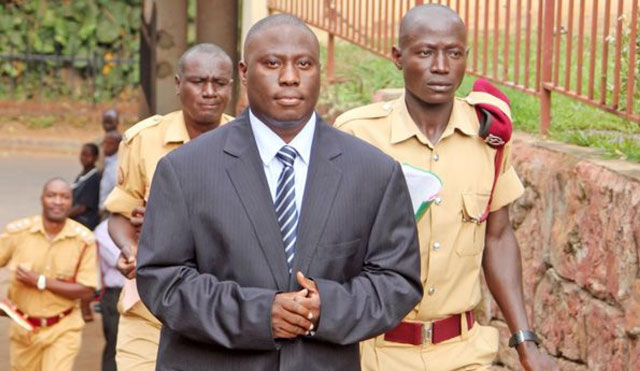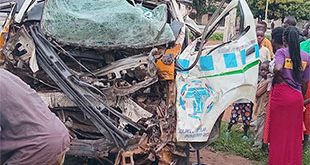
Kampala, Uganda | THE INDEPENDENT | Anti- Graft Civil Society Organizations have advised the government to adopt a non-conviction based asset recovery regime to recover state funds lost through corruption and embezzlement.
Non-conviction based Asset Recovery is a procedure that provides for the seizure and forfeiture of stolen assets without the need for a criminal conviction.
The organizations which include Action Aid Uganda, Transparency International, Anti-Corruption Coalition Uganda and Uganda Debt Network have argued that a conviction based asset recovery policy is not helping government recover funds lost through corruption because it imposes an unrealistic burden of proof on the prosecution.
This was one of four action points at Fairway Hotel while launching the Anti-corruption week which will run from Monday until the 9th of December when the country will join the rest of the world to commemorate the international anti-corruption day.
Cissy Kagaba the Executive Director of ACCU says adopting the non–conviction-based asset recovery regime will be quite useful in the fight against graft since most times by the time cases are concluded properties have been disposed of.
Christine Byiringiro program manager at Uganda Debt Network says Government has established a strong legal and institutional framework and making reforms in Public finance management.
However, despite extensive legislation, she says there is weak enforcement of the laws and inadequate resources that paralyze public service delivery outcomes. She notes that Uganda is the second most corrupt country in East Africa with excessive corruption in the Police and the Judiciary.
Byiringiro says the civil society this year is calling for government action on concerns raised by citizens over transparency and accountability over COVID-19 related procurement.
Other action points spelt out by the organizations is the reinstatement of the requirement by leaders to declare wealth in the names of their spouses and children under the leadership code act and enhancing the budgets of the IGG as well as the anti-corruption department of the Directorate of public prosecution and other agencies.
********
URN
 The Independent Uganda: You get the Truth we Pay the Price
The Independent Uganda: You get the Truth we Pay the Price



